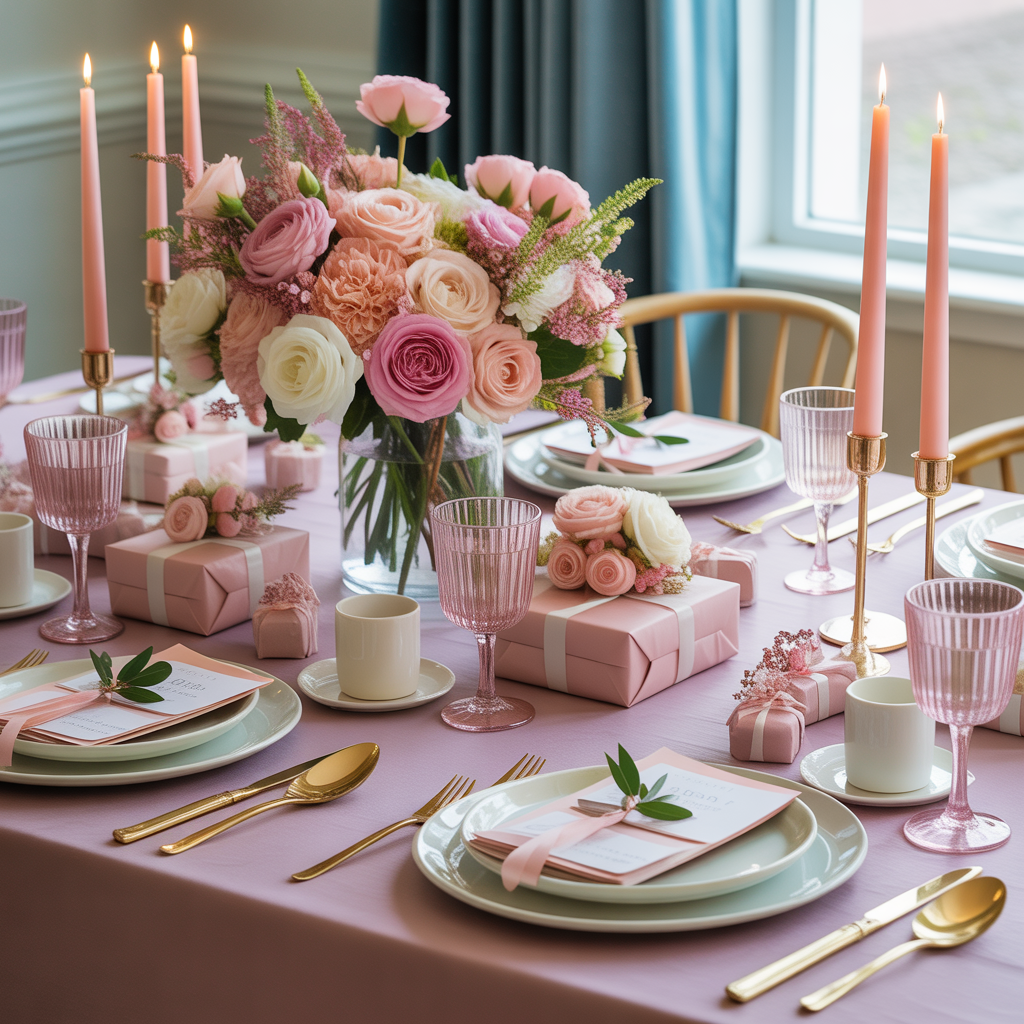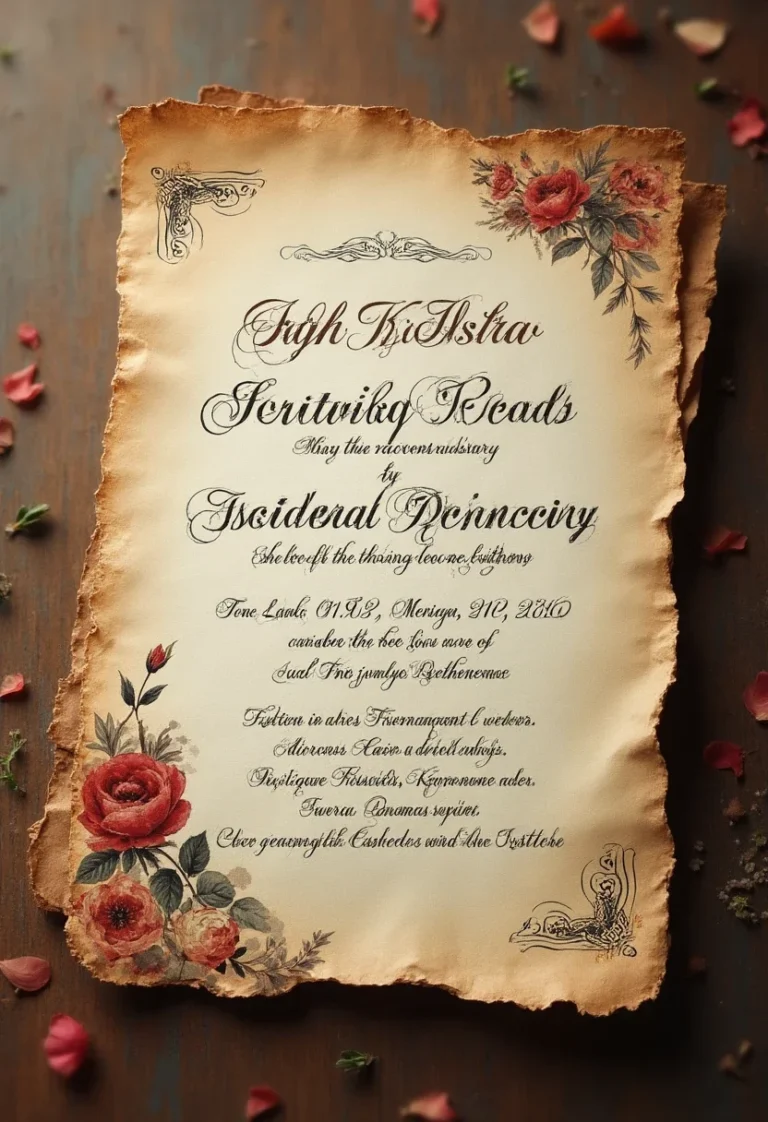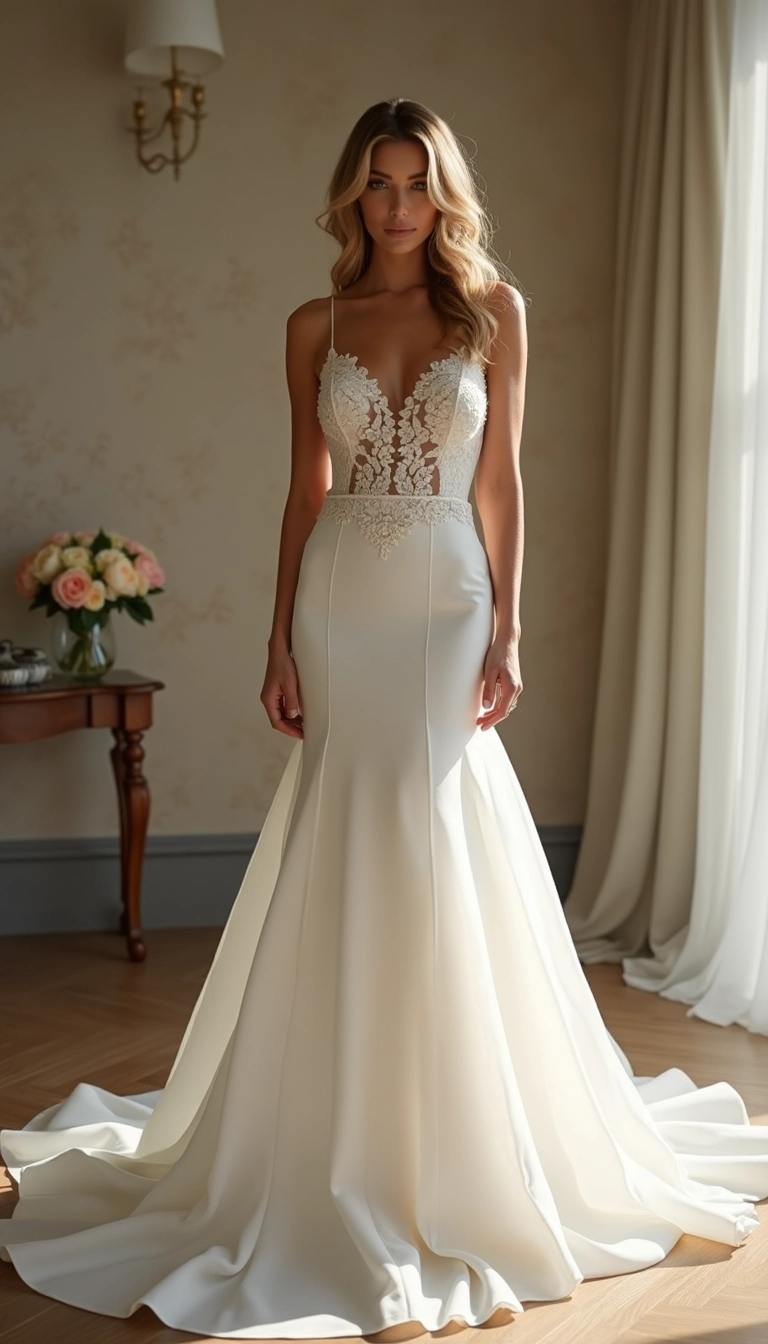The Differences Between a Wedding Shower and Bridal Shower
This article will explore the differences between a wedding shower and a bridal shower, including their definitions, key concepts, examples, pros and cons, and future trends. Understanding these differences can help in planning the perfect celebration.
Definitions
A wedding shower is typically a celebration aimed at honoring the couple and preparing them for their new life together. It usually includes a mix of friends, family, and sometimes coworkers, focusing on gifts that the couple can use in their shared home.
On the other hand, a bridal shower is specifically centered around the bride-to-be. This event is usually organized by her close friends or family, with a focus on gifts that cater to her personal needs or preferences, such as kitchen gadgets or spa products.
Key Concepts
One key concept of a wedding shower is inclusivity. Both partners may be involved, and the event aims to celebrate their union. The setting can be more casual or formal, depending on the couple’s style.
In contrast, a bridal shower is primarily for the bride. It often has a more intimate atmosphere, with a guest list that includes only her closest friends and family members. The focus on the bride can lead to more personalized gifts and activities.
Examples
Common themes for wedding showers include kitchen or home-related motifs, where guests can contribute items for the couple’s new home. Activities might include games that involve both partners, making it a fun gathering for everyone involved.
Bridal showers, however, might feature themes like a tea party or spa day. Activities often revolve around pampering the bride, such as DIY beauty stations or a brunch with mimosas, creating a relaxed and enjoyable environment.
Pros and Cons
The main advantage of a wedding shower is its inclusivity, allowing both partners to celebrate their relationship. It can also be a great way for families and friends from both sides to meet and bond. However, it can sometimes feel less personal for the bride.
Bridal showers, while more intimate, can sometimes exclude the groom or other important figures in the couple’s life. This exclusivity can lead to feelings of imbalance if not handled sensitively.
Case Study
Consider Sarah and John, a couple who decided to host both types of showers. They held a wedding shower that included a large group of friends and family, where they played games and received household gifts. This event allowed both families to mingle and celebrate their upcoming union.
Later, Sarah’s sisters organized a bridal shower just for her and her closest friends, focusing on personal gifts and bonding activities. Both events complemented each other, allowing for diverse celebrations that honored both aspects of their relationship.
Future Trends
As society evolves, so do traditions surrounding weddings. We may see more blended events that combine aspects of both the wedding shower and bridal shower, promoting inclusivity while maintaining a focus on the bride.
Additionally, personalized experiences and themes are likely to gain popularity, making events more unique and tailored to the couple’s preferences. This shift reflects a growing desire for authenticity in celebrations.
Conclusion
In summary, while wedding showers and bridal showers may seem similar, they have distinct purposes and characteristics. Understanding these differences can enhance the planning process and ensure that each event is meaningful.
Ultimately, both celebrations contribute to the joy of the wedding journey, creating cherished memories for all involved.
Further Clarification of Definitions
To elaborate, a wedding shower can be seen as a broader celebration, where the couple is honored collectively. This event often involves more diverse activities and games that allow guests to engage with both partners. It serves as a festive gathering that sets a joyful tone for the upcoming wedding celebrations.
In contrast, the bridal shower is deeply rooted in tradition, emphasizing the bride’s journey. It provides her with an opportunity to receive items that reflect her personal style and preferences, often leading to a more curated and intimate experience. The focus on the bride creates a space for deep connections among her closest friends and family.
Key Differences in Planning
When planning a wedding shower, organizers should consider the interests of both partners. This might involve selecting a venue that accommodates a larger group and includes activities that engage all attendees. The goal is to create an inclusive environment that celebrates the couple’s shared future.
On the other hand, planning a bridal shower requires a more focused approach. Organizers should curate the guest list carefully, ensuring that it comprises only those individuals who are closest to the bride. This attention to detail allows for a more personalized experience that highlights the bride’s individuality and fosters intimate connections.
Examples of Themes and Activities
For wedding showers, some popular themes include a ‘Home Sweet Home’ motif, where guests can bring gifts that assist the couple in setting up their new living space. Activities might include a trivia game about the couple’s love story or a photo booth that captures the fun moments of the day.
Bridal showers may feature themes like ‘Vintage Tea Party’ or ‘Garden Brunch,’ where décor and activities align with the chosen motif. Guests can enjoy activities such as creating personalized spa products or indulging in guided wine tastings, which enhance the overall experience and create lasting memories.
Considerations for Inclusivity
Inclusivity is an essential consideration in the planning of both events. While wedding showers naturally lend themselves to a more inclusive approach, bridal showers can sometimes overlook the importance of including significant others. To mitigate this, some couples opt for co-ed bridal showers, allowing for a blend of both worlds and ensuring that everyone feels welcome.
Creating a balanced guest list is crucial. By inviting friends and family from both sides of the couple, the event fosters a sense of unity and celebration that transcends traditional boundaries. This approach not only enriches the experience but also strengthens relationships among attendees.
Future Directions in Celebration
As we look ahead, the trend toward personalization in weddings will likely influence how showers are organized. Couples may choose to infuse their personalities into both types of events, leading to innovative themes and activities that reflect their unique love story. This shift toward customization will ensure that each celebration is memorable and resonates with the couple’s journey.
Moreover, the blending of cultural traditions will also shape future showers. As couples from diverse backgrounds come together, we may see a fusion of different customs and practices, making these events even more vibrant and inclusive. This evolution will enrich the wedding experience and create opportunities for cross-cultural bonding.







